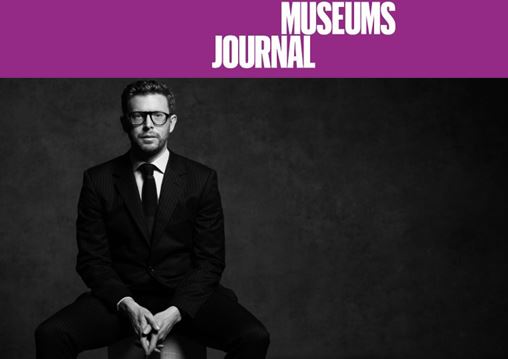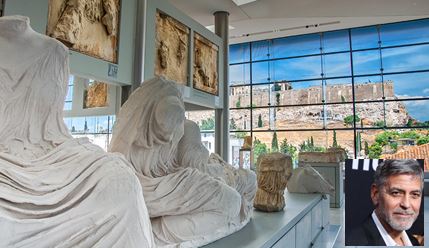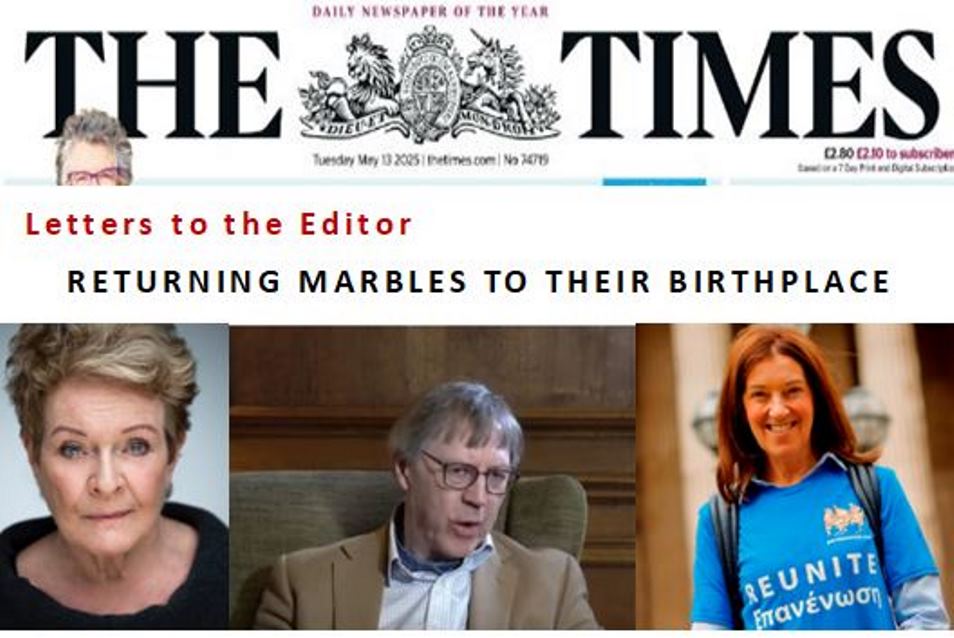Geraldine Kendall Adams wrote on 16 May, in the Museums Journal that British Museum Director, Nicholas Cullinan has ruled out restitution as he outlines plans to foster collaboration.


In an interview with The Times, Nicholas Cullinan said he had no plans to change the museum’s policy against permanently deaccessioning artefacts, which would require an act of parliament.
“I could make lobbying to get the act changed my sole focus but that seems mad, and it may not be the right thing,” he told the newspaper.
“I’m keenly aware that whatever I do future generations will debate, so I feel more comfortable with loaning items. This collection has been formed over three centuries. It is the world’s greatest collection. I don’t see my job as undoing that.”
Cullinan, who has been in the role for just over a year, said the museum had built strong partnerships around the world, and saw its future in “collaboration”.
He said: “The British Museum is about connecting countries rather than putting up barriers. This is a global museum for everyone and we’re not going to be embarrassed about that any more. We are going to foster collaboration around the world.”
Referencing the museum’s most famous and long-running restitution dispute, the Parthenon marbles, he described the sculptures as “talismanic objects of the British Museum” and said that, while the museum doesn’t shy away from the fact that they are in dispute, “we need to be balanced rather than inflammatory”.
Cullinan gave his backing to the proposed plan for the museum to form a lending arrangement with Greece, which is still under negotiation, saying it would be a partnership that would “build in trust and depth”.
“Plans are taking shape,” he said. “We’d love an innovative partnership with Greece where we would lend things and they would lend things back, and we can share knowledge and opportunity rather than debate ownership.”
Cullinan's comments on the Parthenon sculptures have been criticised by the British Committee for the Reunification of the Parthenon Marbles.
In a letter responding to the remarks, which was published in part by The Times, the committee's members wrote that it had been “dismaying to read the implications of the director's description of the sculptures as 'talismanic objects of this museum'”, saying “a talisman is something that brings good luck. How can stolen goods bring good fortune to any institution?”
The letter added: “Simply in terms of diplomacy, we believe it would be a tragic error to position these disputed sculptures at the centre of the 'reimagining' of the museum. This reimagining should surely be excited rather by the prospect of showing off wonderful objects never seen before in the UK, promised by Greece once returned.
“Greece is one of our strongest allies and it is surely not the time to insult that friendship. We hope that talks vis a vis some mutually constructive arrangement continue and will have a positive outcome for both countries.”





Comments powered by CComment